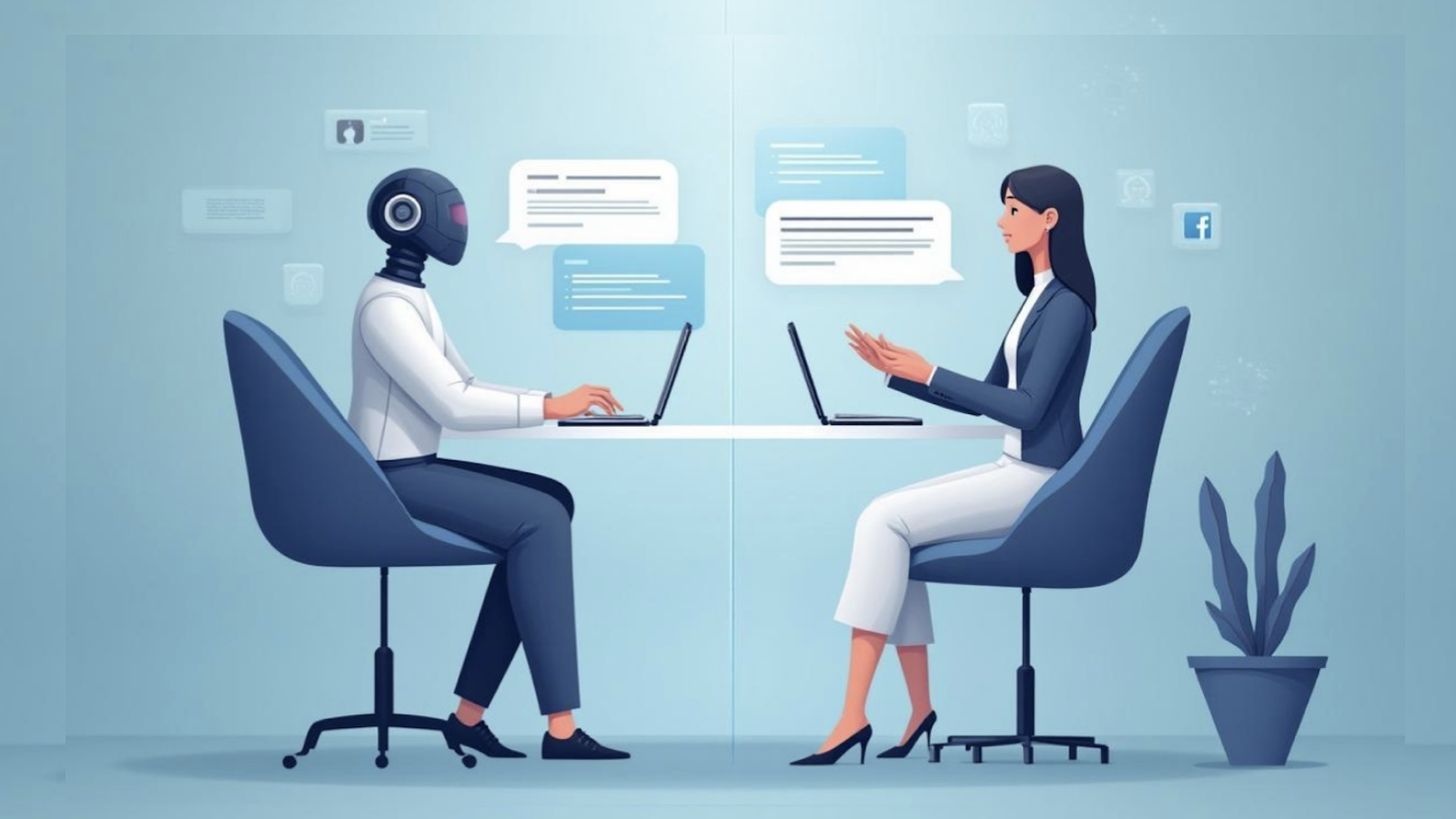Recent developments in robotics and artificial intelligence have changed the playing field for automated technologies. (Here is an earlier blog on the topic.) Historically, automation was beyond the reach of small and medium-sized companies. Robotics were costly, required highly sophisticated programming expertise, took months to integrate and could only perform single, discrete tasks.
In 2012, the advent of artificial intelligence (AI) was a game changer. AI brought collaborative robots to the market -- robots that see and feel like humans, learn (including integrating new data sets and information) and perform multiple tasks. These collaborative robots are also more cost-effective and easier to integrate, making them available and attractive to small and medium-sized businesses.
AI and robotics are now transforming many traditional labor-intensive industries, such as farming, construction, factories and fast food. While Amazon continues to be a global leader in leveraging AI and smart robots, there are plenty of examples of smaller businesses across the country embracing these new automated technologies.
Agricultural farms are using automated tractors and drones to help with growing their crops. Construction firms are purchasing automated brick-laying machines (to lay 3,500 bricks per day). Restaurant owners are investing in new automated machines that can store, prep and cook fast food in a highly controlled environment without any human intervention.
If the adoption of these new automated machines continues, there will be fewer jobs and payrolls in these industries. Over time, the job and payroll loss will affect insurance carriers that specialize in writing workers compensation insurance for these industries.
Historically, technology’s disruption was limited to blue-collar workers; however, AI technology now has its sights set on white-collar workers, including insurance underwriters, claims executives and legal professionals. The insurance industry, which has not been easy to disrupt, is primed for transformations due to developments in AI and automation.
Two years ago, Cambridge University predicted that insurance underwriters were vulnerable to automation. Since that time, we have seen a greater demand among U.S. carriers to invest in new AI technologies that allow them to automate the underwriting and settlement of claims for small commercial insureds. Given the shortage of new talent available to fill expected insurance and claims executives retirements, coupled with new AI technologies, we expect this trend to accelerate.
See also: Measuring Success in Workers’ Comp
Developments in AI and automation are already changing the U.S. legal profession, one of the most regulated and specialized professions in the U.S. -- McKinsey estimates that 22% of lawyers' and 35% of paralegal tasks can be automated today. A recent HBO documentary, “The Future of Work,” supports this prediction. It highlighted how LawGeex, a new AI-driven computer software, performed against skilled corporate lawyers on a common task -- analyzing complex legal documents. LawGeex proved its ability to review and interpret the documents, identify potential legal issues and provide substantive advice to a client in half the time -- and with much greater accuracy -- than the corporate lawyer.
While LawGeex and other AI technologies will not displace lawyers in the short term, it will exert pressure on lawyers to shift their time to more highly skilled work - such as negotiating and deal structuring - and away from research, writing and reviewing documents. The result could significantly change law firm practices and economics.
Have you considered how robots, AI and automation will change the workplaces of your insureds - and your own company? Stay tuned for my next blog, “Navigating the Fourth Industrial Revolution,” for ideas on how to navigate AI and developing technologies.








